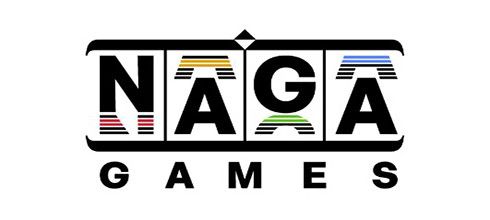Slot cars are miniature models of cars, unlike radio-controlled street racing cars. these run on tracks. The bottoms of these cars have needles or pins, and the pins are affixed on the track’s ng slot the name. Just like radio controlled racing street cars, they are, most of the time, scaled down versions of actual racing cars. They’re electrically powered through the tracks, have engines, a chassis, and sometimes a magnet to keep them from toppling over even if they collide with another car or speed down too fast along a curve.
The basic versions of the model cars have metal pickups so they only run when these metal pickups contract the track. The power source of the track is a power pack which looks like a small generator close to the switch boards of the track. Controllers are also affixed on the track to regulate the power current (hence, the speed) that they receive. The power pack attached to the car’s tracks has low current electricity, which makes slot cars very safe toys for children eight years old and up.
The first models weren’t run on electric tracks but raised railways. They were made with metal bodies and had no individual slot controls. The production of these models in the USA stopped when the Word War I broke out, really because the War caused sales to drop by over half. The hobby rebounded, and reached its peak again during the 60s and 70s. Interest in this racing hobby faded as the 80s approached, but because the hype died down, these models quickly became collectibles. Had they remained mere children’s toys, serious hobbyists wouldn’t be paying so much attention to them now.
Now, more advanced technology is applied to the very best of slot cars and tracks. The tracks now have digital counters, keeping track of a particular car’s track performance. Some have magnetic fields too so they won’t easily topple over when they reach curves. Of course, serious racers consider magnets “cheat” tools and they would much rather hone the skill of applying the right speed at curves than depend on magnets for down force.
The first slot cars with air tires were from the MRRC company. This wasn’t patented, so soon, other companies applied air tires too for more precise and realistic performance. They are usually scaled down at 1:32 although other slot cars at 1:24 (toy slot cars) may also be available in the market. The competition cars have 1:32 scales, although there are some enthusiast, now, who are encouraging 1:24 competitions to be held as well.
Collectible cars are vintage models which aren’t as fast as the current models now but have a lot of history behind them. If you’re into slot car racing and not collecting, you better keep your eyes on the power, speed and stability of your slot car rather than its historical value or good looks. They can also be customized for better performance. Expansion kits, however, can be pricey.

